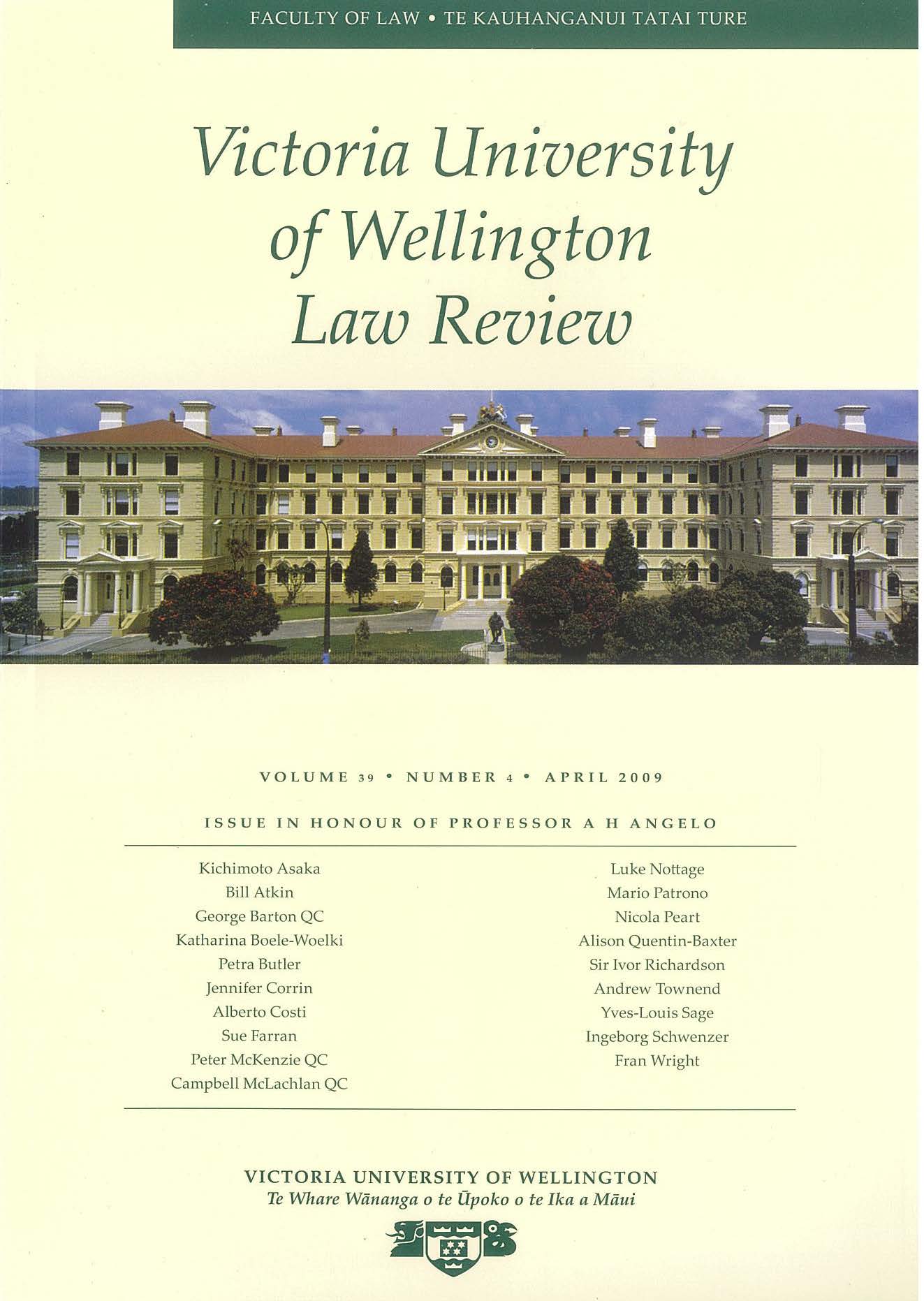A Principled Approach to Defamation Claims in New Zealand: Untangling the Harm Threshold
DOI:
https://doi.org/10.26686/vuwlr.v50i1.5552Abstract
The threshold requirement of reputational harm for bringing a defamation claim needs clarification. Although recent case law shows that a threshold exists, precedents conflict as to what exactly the threshold requires, and who bears the burden of proof. There is further judicial disagreement on whether the principle that defamation claims can be struck out if no real and substantial tort has been committed, the Jameel principle, applies in New Zealand. This article suggests that both the harm threshold (more accurately described as a ''tendency to cause harm'' threshold, as it does not require proof of actual harm) and the Jameel principle have a valuable place in New Zealand's defamation law and their application requires endorsement and clarification at appellate level. Further, this article highlights that the principles are conceptually distinct and their fusion is undesirable in New Zealand.
Downloads
Downloads
Published
How to Cite
Issue
Section
License
Authors retain copyright in their work published in the Victoria University of Wellington Law Review.


